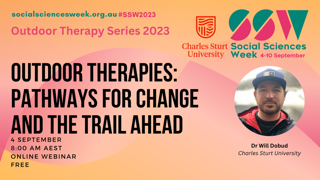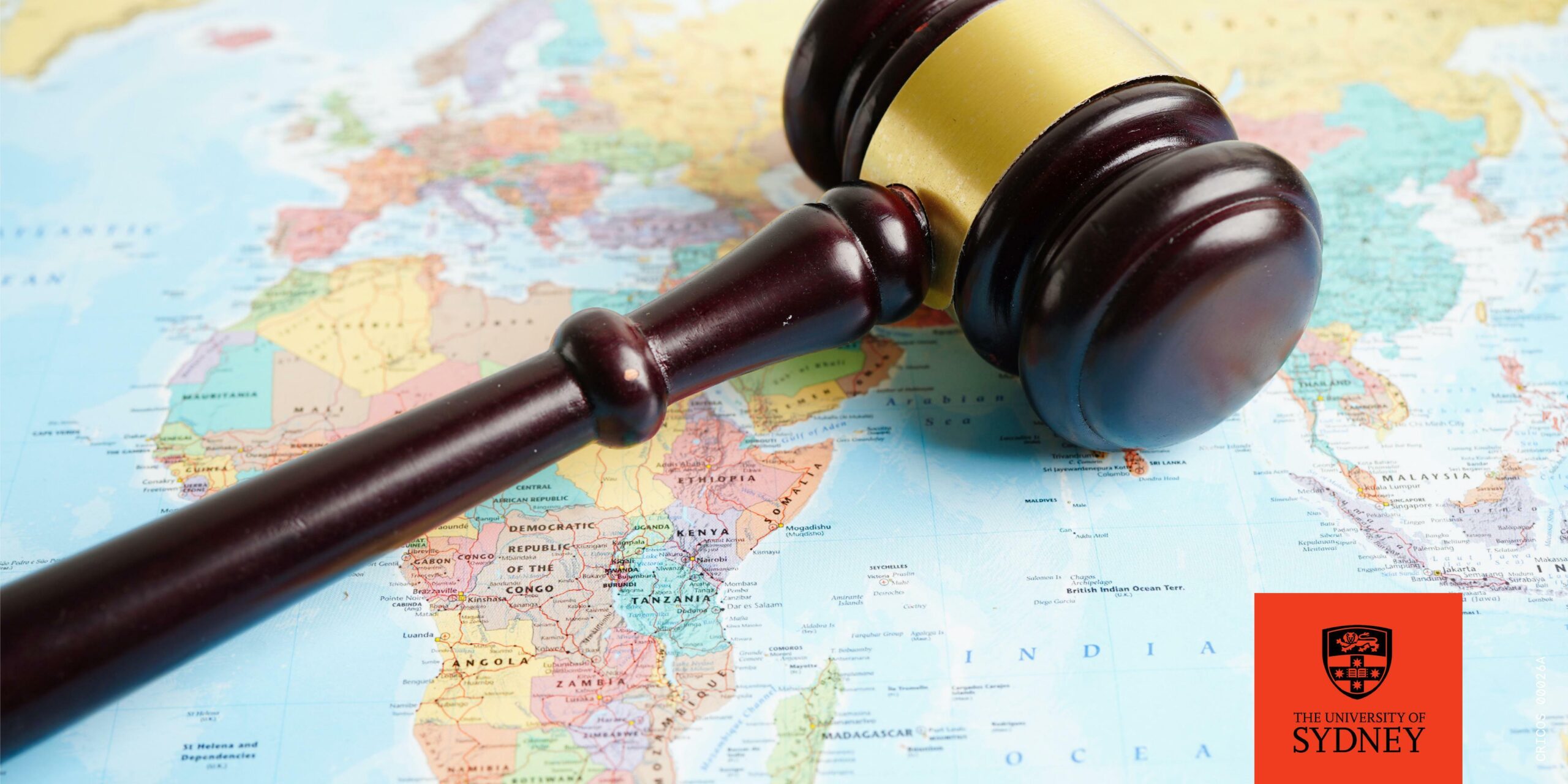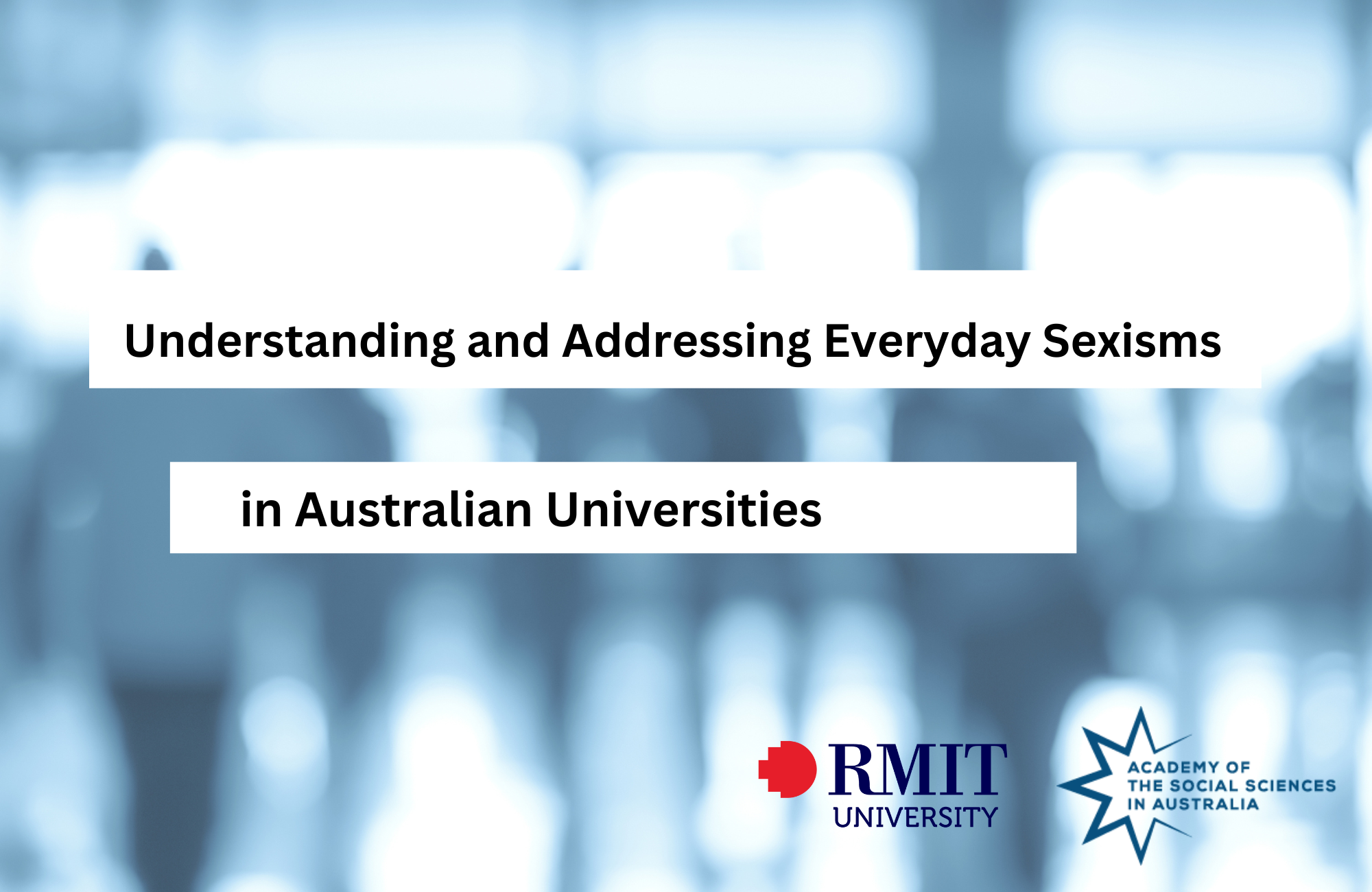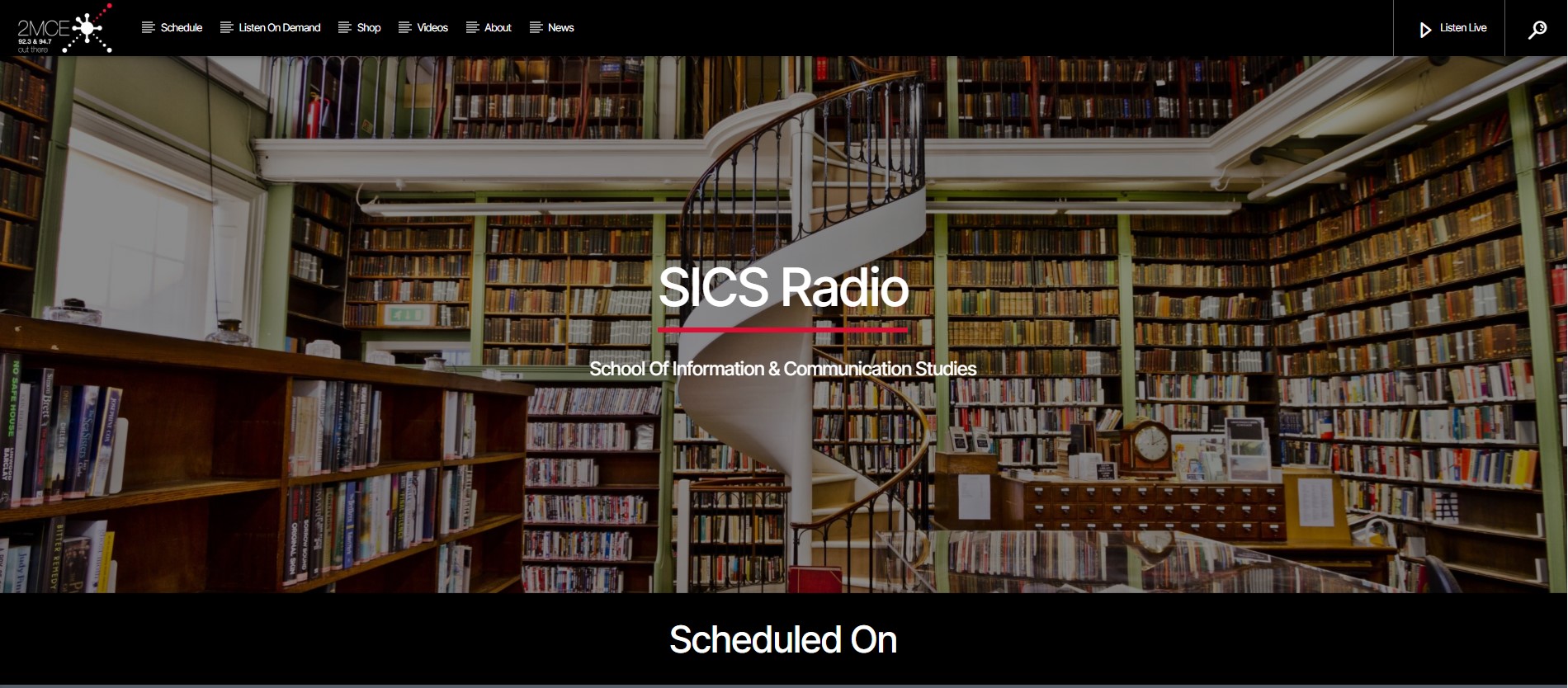Join us for one or both of two online seminars exploring transformative justice and peace on the African continent. Session 1: Transformative Justice and the African Union: Unsettling the Dominant Discourse and Practice of Transitional Justice 4 September, 1-2 pm Online only Speaker: Dr Wendy Lambourne, Senior Lecturer in Peace and Conflict Studies, Discipline of Sociology and Criminology, University of Sydney Transitional justice as a field of practice has become standardised around four ‘essential and complementary’ key pillars derived from the Joinet principles against impunity: criminal justice, truth-seeking, reparations and guarantees of non-recurrence/institutional reform. These four key pillars were defined by the United Nations in 2010 as central to supporting transitional justice in countries seeking to build peace at the same time as addressing the legacies of mass human rights violations. I have argued that the imposition of these four pillars as the only model of transitional justice not only undermines the principles of local ownership and contextualisation, it is also incompatible with a process of transformative justice and the ultimate goals of peace and reconciliation. The African Union has subsequently developed a Transitional Justice Policy and Framework for the region that takes a broader, more flexible and localised perspective which is […]




